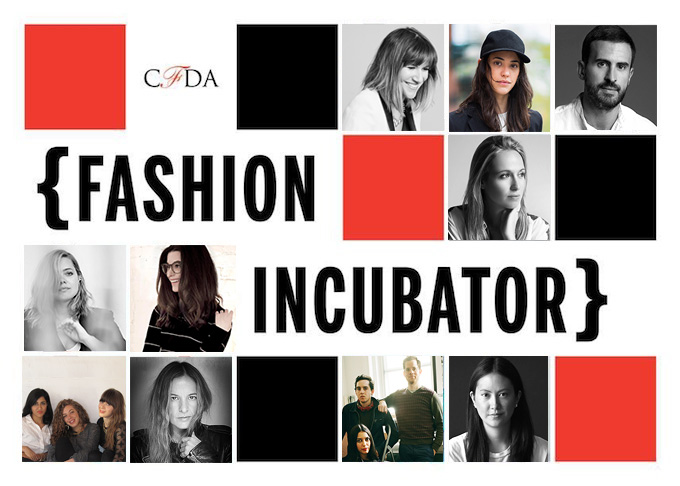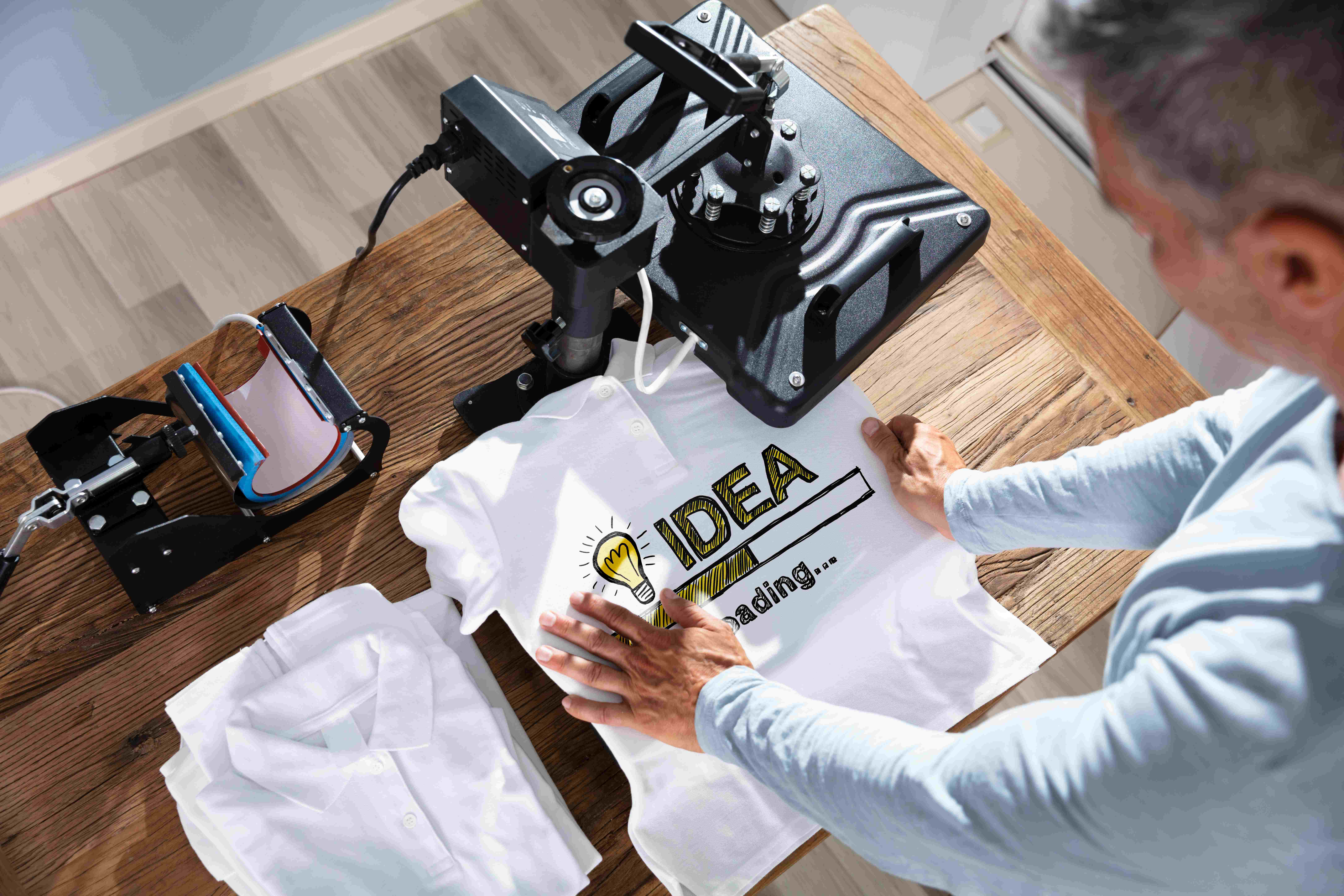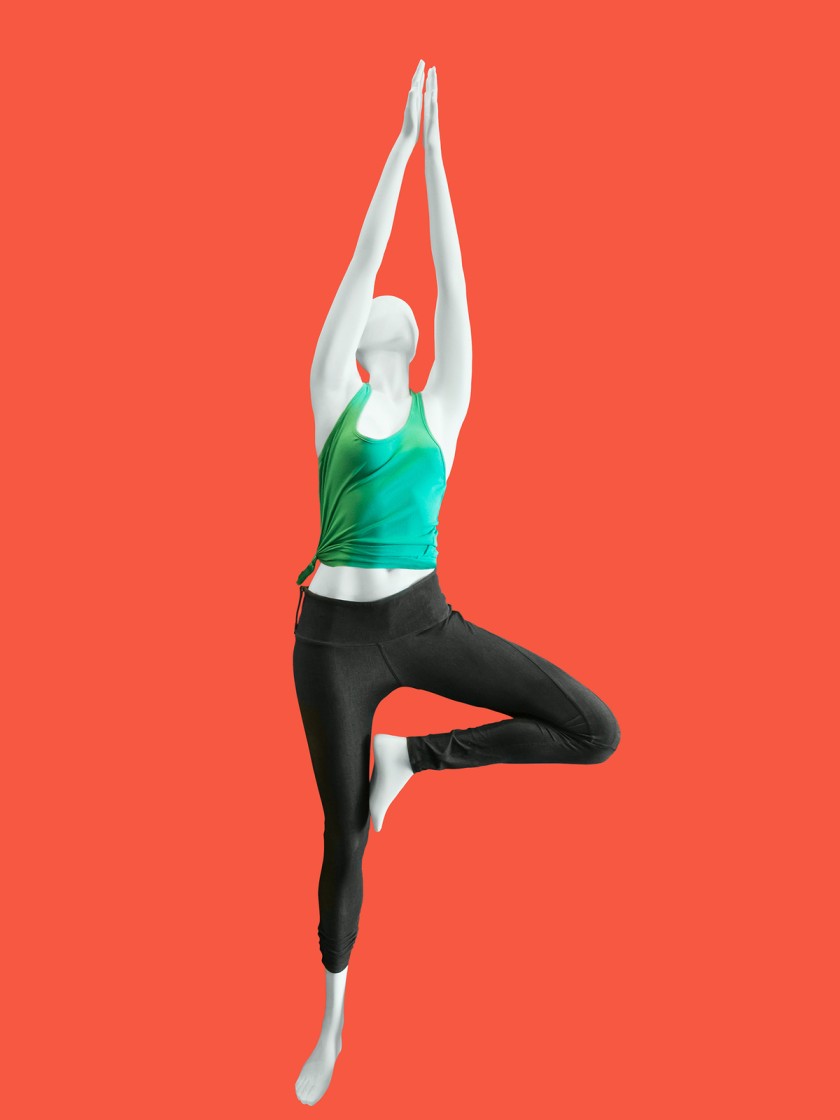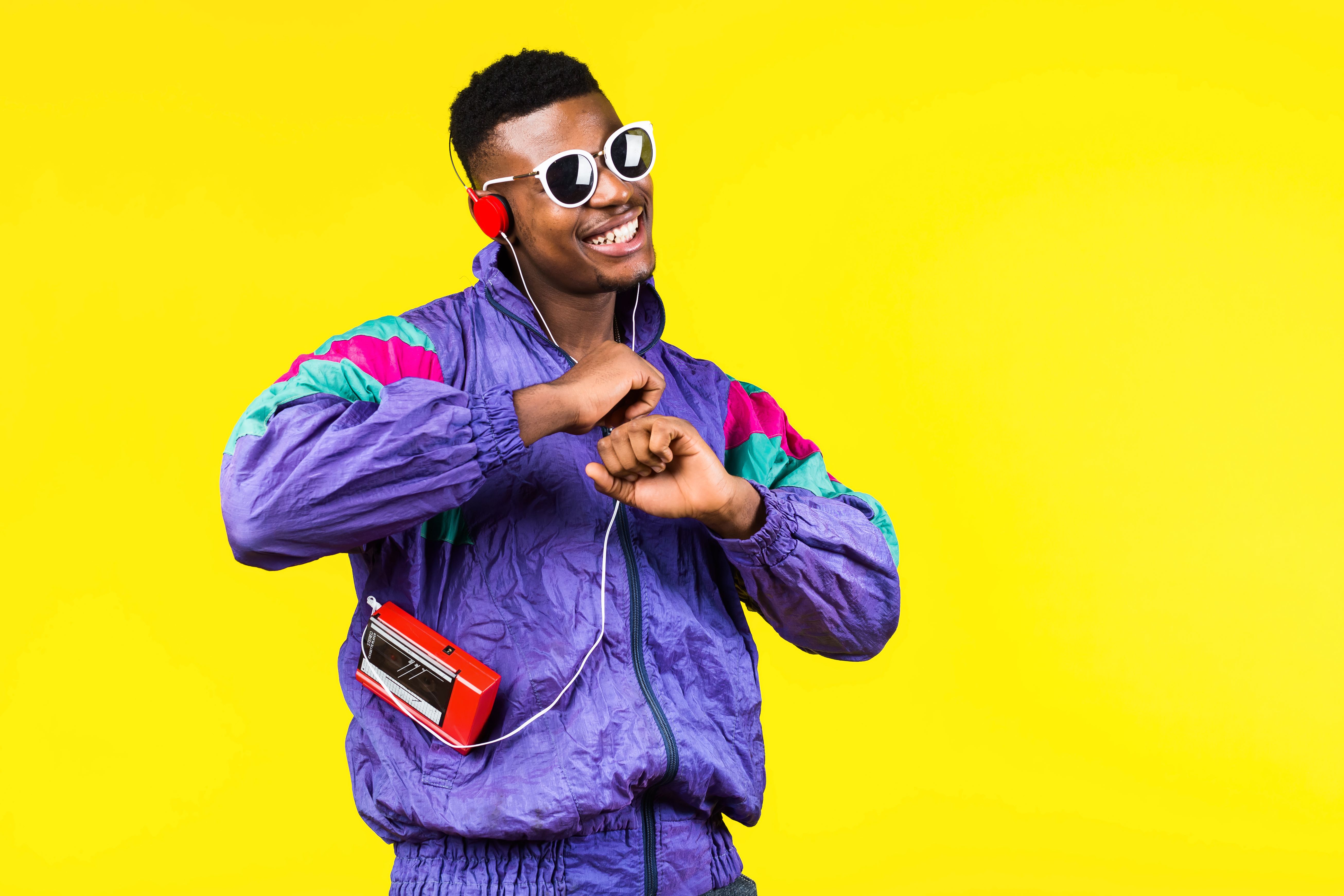What Is A Fashion Incubator?



Fashion businesses face several obstacles during their inception phase. Financing is one such aspect. It can be frustrating to have a brilliant fashion concept but not be able to launch it due to a lack of financial resources. Moreover, as a budding fashion entrepreneur, it is critical to have individuals around who can help one focus and provide motivation to build the business. Finding such people might be challenging at times. However, there are organizations committed to filling that void- fashion incubators.
What is a fashion incubator?
It is a mentorship facility similar to Shark Tank in the United States (now India, too) and Dragon's Den in the United Kingdom. It is a place where like-minded people can share ideas and improve their business abilities.
Most people use the words "fashion incubator" and "fashion accelerator" interchangeably. These facilities specialize in helping startups to take off. They help entrepreneurs discover low-cost workspace on rent, provide mentorship, and offer the opportunity to network with many like-minded people. Since these are for-profit facilities, entrepreneurs are asked to commit to the program in exchange for a fee or company stocks. Entrepreneurs are also required to commit to a contract for six months to two years.
These epicenters of innovation are springing up worldwide, with robust programs in many nations. LVMH, for example, maintains offices in both London and Paris. Their business accelerator Station F at Paris aims to help fifty new entrepreneurs each year.
Why are incubators important for the fashion industry?
Power and hierarchy inhibit the most exciting ideas in all industries. This fact holds true for the fashion industry as well. When a nod or a grimace from the editor of Vogue is all it takes to create or ruin a new designer, it is evident that there are problems in the industry. Fashion incubators engage with and give opportunities to the brightest young minds in the industry. They help entrepreneurs overcome the obstacles of building a fashion business where digital, environmental, and social trends are driving rapid change.
The advent of hyper-consumerism has influenced many sectors, but none more so than the apparel business, which embraced the 'fast-fashion' trend. The fashion industry accounts for 10% of global carbon emissions every year, greater than aviation and marine shipping industries combined. Fabric dyeing and treatment account for about 20% of global wastewater, while only 1% of worn clothing is recycled. A few simple ecological changes can significantly change this status quo. This is where fashion incubators come in. They can help young fashion startups focus on the right values for growth and make a positive shift in the way the fashion world operates. Fashion companies can play a significant role in shaping the choices and preferences of their consumers by delivering the right message. Experts in fashion incubators can provide startups with the guidance they need to tackle such challenges.
What’s in it for fashion entrepreneurs?
Fashion incubators and accelerators allow entrepreneurs to improve their abilities and gain experience. A professional’s design abilities may be critical to the success of their company. But if they want to be noticed, they must have an understanding of the corporate world. Mentors familiar with the present digital marketing era and emerging technologies like augmented reality and artificial intelligence can help entrepreneurs take their idea from concept to reality.
In incubators, entrepreneurs meet experts who can help them launch their businesses. They get to collaborate while having their personal area. They also learn to locate manufacturers, sell their products, and everything in between. The opportunity to work in a low-cost studio space and the opportunity to network and form new business alliances is enticing for many startups. It is becoming an increasingly popular notion. Since fashion is a powerful business, the number of fashion-specific incubators has increased dramatically. As a result, it is an excellent time for fashion entrepreneurs to turn their ideas into reality and grow their businesses.
How to join a fashion incubator?

For application, entrepreneurs must wait for a vacancy first. To secure a place in an incubator, entrepreneurs must make their applications as robust as possible.
One of the most excellent methods to identify an incubator that could be a good fit for the company is to search online. There are some government-funded fashion incubators as well. So checking with the local business support section for more information is advised. If finding a fashion incubator in a particular region is challenging or if the application isn’t accepted, entrepreneurs should extend their search to general business incubators. These kinds of facilities spring up often. So it should be easy to locate one. Some fashion incubator programs like the Brooklyn Fashion Incubator even provide remote programs for applicants from around the world!
The Brooklyn Fashion Incubator

The Brooklyn Fashion Incubator, Inc. (BFI) is a not-for-profit organization dedicated to nurturing talent in the fashion industry by mentoring new fashion entrepreneurs in the United States. During its 12-month program, the BFI works with fashion entrepreneurs in residence to help them grow their startups.
The BFI launched a Remote Program in 2017 for fashion and lifestyle entrepreneurs from outside the Brooklyn metro region. Businesses from Florida, Nevada, Pennsylvania, Illinois, and Massachusetts are receiving assistance from the BFI today. The perks of the remote program are similar to the Designer in Residence program, except that the enterprises are not headquartered in the Brooklyn Fashion Incubator.
Fashion startup founders can take full advantage of the BFI’s remote program and apply to join the program directly through their official website. Potential applicants can watch the testimonials of various fashion entrepreneurs on the website. The website also provides complete information about each member of the management team and the board of directors. Furthermore, it has details of designers and consultants who help the participants with their guidance. Fashion enthusiasts can also donate to the program directly and easily through their website.
Additionally, the website contains a chat facility and a contact option for any query that applicants might have. However, most questions that crop up in the minds of applicants are answered on its ‘Apply’ page. Moreover, eligibility, judging criteria, and other details are mentioned clearly for both remote and in-residence programs on the website.
Fashion Incubators - A Tool to Be Harnessed
Fashion incubators raise the awareness of fashion startups, provide help, and in some cases, take ownership holdings as well. They look for entrepreneurs who can not only produce excellent work but also connect persuasively with consumers, the media, and other critical stakeholders by telling engaging stories. Their methods offer support customized to all phases of a fledgling business. Of course, it is up to the organization to make the most of the available resources.
Any fashion startup that wants to grow should look for fashion incubators. Building a fashion business alone is similar to attempting to reinvent the wheel, where the value of shared thought cannot be underestimated. Now is the right time to know how a fashion incubator can help fashion businesses grow and take a step towards joining one.



















